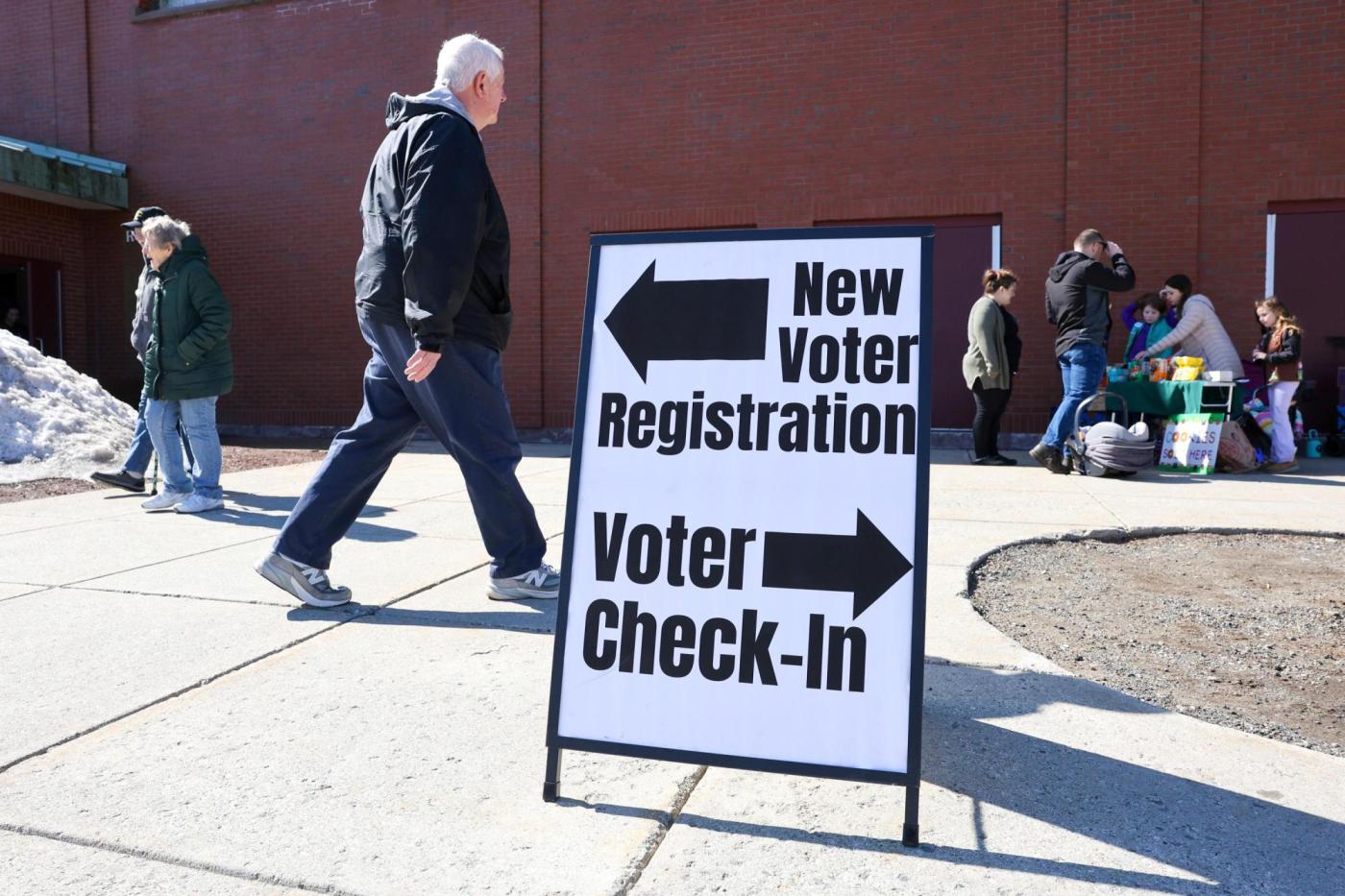Credit Union Leader Vows to Defend Industry As New CEO

Scott Simpson is poised to take the reins as the new president and CEO of America’s Credit Unions on November 3, 2024. In his view, the credit union sector faces significant challenges, particularly from banks that oppose their existence. With a robust background, including leadership roles at Utah’s Credit Unions, the California Credit Union League, and Nevada’s Credit Unions, Simpson is ready to advocate for credit unions and defend their tax-exempt status.
Simpson believes that banking advocates present an existential threat to credit unions, pushing to eliminate their tax benefits. He asserts that while credit unions and banks may agree on many regulatory issues, the crux of their disagreement stems from the competitive pressure credit unions create in the market. “But for the fact that we exist, banks and credit unions are on the same side of the table,” he stated in a recent interview with American Banker.
As he prepares for his new position, Simpson emphasized the importance of uniting the credit union community. “One of the important things is to make sure that the credit union family is convened,” he said. This involves ensuring that members understand each other’s challenges and that the association effectively engages policymakers to protect the operating environment for credit unions.
Simpson expressed ongoing concern regarding the tax-exempt status of credit unions, stating, “I would suggest that it’s never not been in jeopardy.” He highlighted the persistent efforts by detractors to challenge this status. The tax exemption is crucial to credit unions, as it supports their mission to provide affordable financial services to their members. According to Simpson, for every dollar not collected from credit unions, approximately $10 is generated in economic activity.
The conversation also touched on the rising trend of credit unions acquiring banks. Simpson noted that while there have been over 2,000 mergers and acquisitions in the last decade, credit unions accounted for only about 40 of those transactions. Despite this, he believes that the narrative surrounding these acquisitions is often exaggerated. “We’ll be coming with the denominator all day, every day, delivering context and understanding,” he promised.
Regarding recent changes in governance, Simpson acknowledged the ongoing legal disputes surrounding the National Credit Union Administration (NCUA), which have led to the termination of two board members appointed by former President Trump. He affirmed the need for a fully functioning regulatory body but clarified that the selection of board members is beyond the trade association’s purview.
In addressing the broader regulatory landscape, Simpson expressed empathy for credit unions managing the challenges posed by government regulations. He highlighted the impact of one-size-fits-all regulations on smaller institutions, arguing that such policies can be burdensome and unnecessary.
Looking ahead, Simpson sees a significant opportunity to raise awareness about the benefits of credit unions. He believes that many Americans remain unaware of the advantages credit unions offer, such as lower rates and personalized service. “We’ve got a great story to tell,” he said, reflecting on the transformative experiences credit unions have provided to millions of people across the country.
Personal anecdotes from Simpson’s family history underscore his commitment to the credit union movement. He shared a poignant story about his grandmother, who relied on her credit union during challenging times after losing her husband. “The fact that she had access to cooperative credit changed everything,” he recalled.
As Scott Simpson prepares to step into his new role, he is determined to champion the credit union sector and ensure that it continues to thrive in an increasingly competitive financial landscape. His leadership will likely focus on fostering collaboration, advocating for favorable policies, and illuminating the significant role credit unions play in enhancing the lives of their members.






